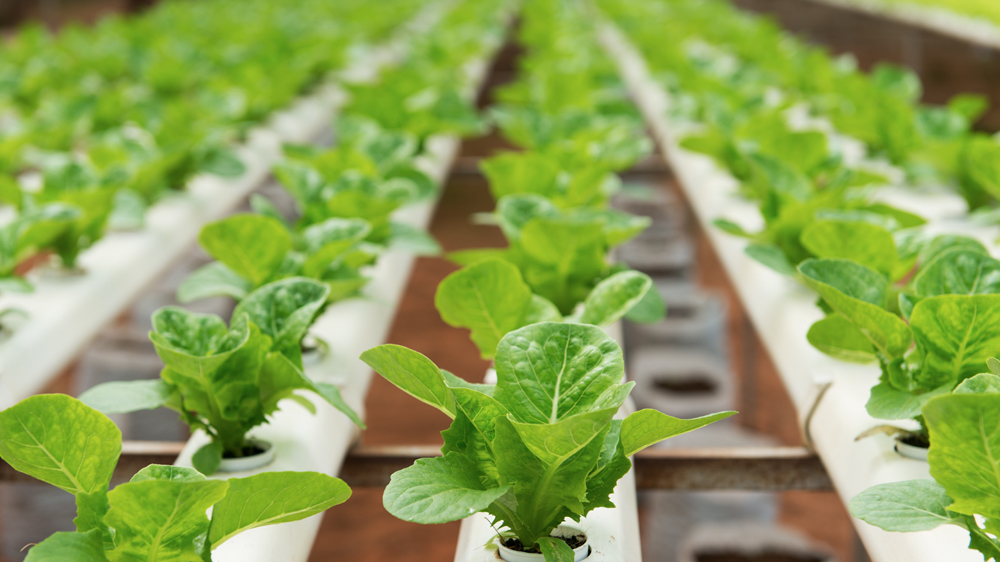USDA sued over hydroponic organic certifications

The Center for Food Safety (CFS) and a coalition of organic farms and stakeholders are suing the USDA for allowing hydroponic operations to be certified organic.
The lawsuit claims that hydroponic operations violate organic standards for failing to build heathy soils. It therefore asks the court to stop USDA from allowing hydroponically-produced crops to be sold under the USDA Organic label.
The plaintiff coalition includes Swanton Berry Farm, Full Belly Farm, Durst Organic Growers, Terra Firma Farm, Jacobs Farm del Cabo, and Long Wind Farm, in addition to organic stakeholder organizations including organic certifier OneCert and the Maine Organic Farmers and Gardeners Association.
"Healthy soil is the foundation of organic farming," said Andrew Kimbrell, executive director of plaintiff Center for Food Safety.
"Organic farmers and consumers believe that the Organic label means not just growing food in soil, but improving the fertility of that soil. USDA's loophole for corporate hydroponics to be sold under the Organic label guts the very essence of 'Organic'."
Hydroponic operations grow crops using water-based nutrient solutions without any soil. CFS's lawsuit cites the federal Organic Foods Production Act, which requires farms to build soil fertility in order to be certified organic.
Hydroponics cannot comply with federal organic standards because hydroponic crops are not grown in soil, the CFS argues.
Sylvia Wu, senior attorney at the Center for Food Safety and counsel for plaintiffs, said the federal organic law "unequivocally requires organic production to promote soil fertility."
"USDA's decision to allow mega-hydroponic operations that do nothing with soil to be sold as 'Organic' violates the law," she said.
Paul Muller, one of the farm owners of plaintiff Full Belly Farm in Guinda, California, argues that healthy soil is "critical" to producing nutrient-dense foods that benefit both people and the environment.
"Healthy soil increases and improves the availability of soil nutrients and beneficial microorganisms, and enhances the land's ability to sequester carbon and retain nutrients and water," he said.
Scientists and government agencies agree that building soil health is a critical piece of climate resiliency. When soils are healthy, they can serve as carbon sinks to store and reduce atmospheric carbon. Healthy soils can also retain more water, reducing runoff and erosion.
"While I welcome the work that my friends in the hydroponic industry are doing, hydroponic production does not conform to the soil-building precepts of organic farming," said Jim Cochran, owner of plaintiff Swanton Berry Farm, one of the oldest certified organic strawberry farms in California.
"I would be perfectly happy to have my strawberries compete with properly distinguished hydroponically-grown strawberries, without the latter piggybacking on an Organic label that has taken more than 30 years to develop and establish in the minds of consumers. Certifying hydroponically-grown crops as organic devalues that label."









































